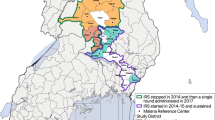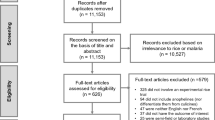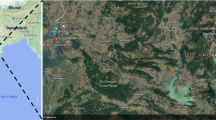Abstract
BEFORE Sir Ronald Ross's epoch-making discovery, there was no more puzzling problem in medicine than the cause of malaria; no secret in Nature more cunningly hid than the malaria secret. Malaria was known to be connected with swamps, and to be reduced by drainage and cultivation. Yet, as if merely to confuse, men found that to flood some swamps actually improved health; and elsewhere that drainage and the cultivation of the soil produced the most serious and devastating outbursts of the disease. Yet again, malaria was found not only in swamps, but also often on hills and dry sandy deserts. Some jungle-covered land was singularly free from malaria: other jungle land was intensely malarial. In fact, malaria existed on soils of every conceivable variety, of every age in geological time. It was-impossible to point to any mineral, chemical, or vegetable condition essential to its presence. It was, and had been for hundreds of years, a dark, inscrutable mystery.
This is a preview of subscription content, access via your institution
Access options
Subscribe to this journal
Receive 51 print issues and online access
$199.00 per year
only $3.90 per issue
Buy this article
- Purchase on Springer Link
- Instant access to full article PDF
Prices may be subject to local taxes which are calculated during checkout
Similar content being viewed by others
Author information
Authors and Affiliations
Rights and permissions
About this article
Cite this article
WATSON, M. The Control of Malaria in the Malay Peninsula. Nature 112, 470–471 (1923). https://doi.org/10.1038/112470a0
Issue Date:
DOI: https://doi.org/10.1038/112470a0
Comments
By submitting a comment you agree to abide by our Terms and Community Guidelines. If you find something abusive or that does not comply with our terms or guidelines please flag it as inappropriate.



